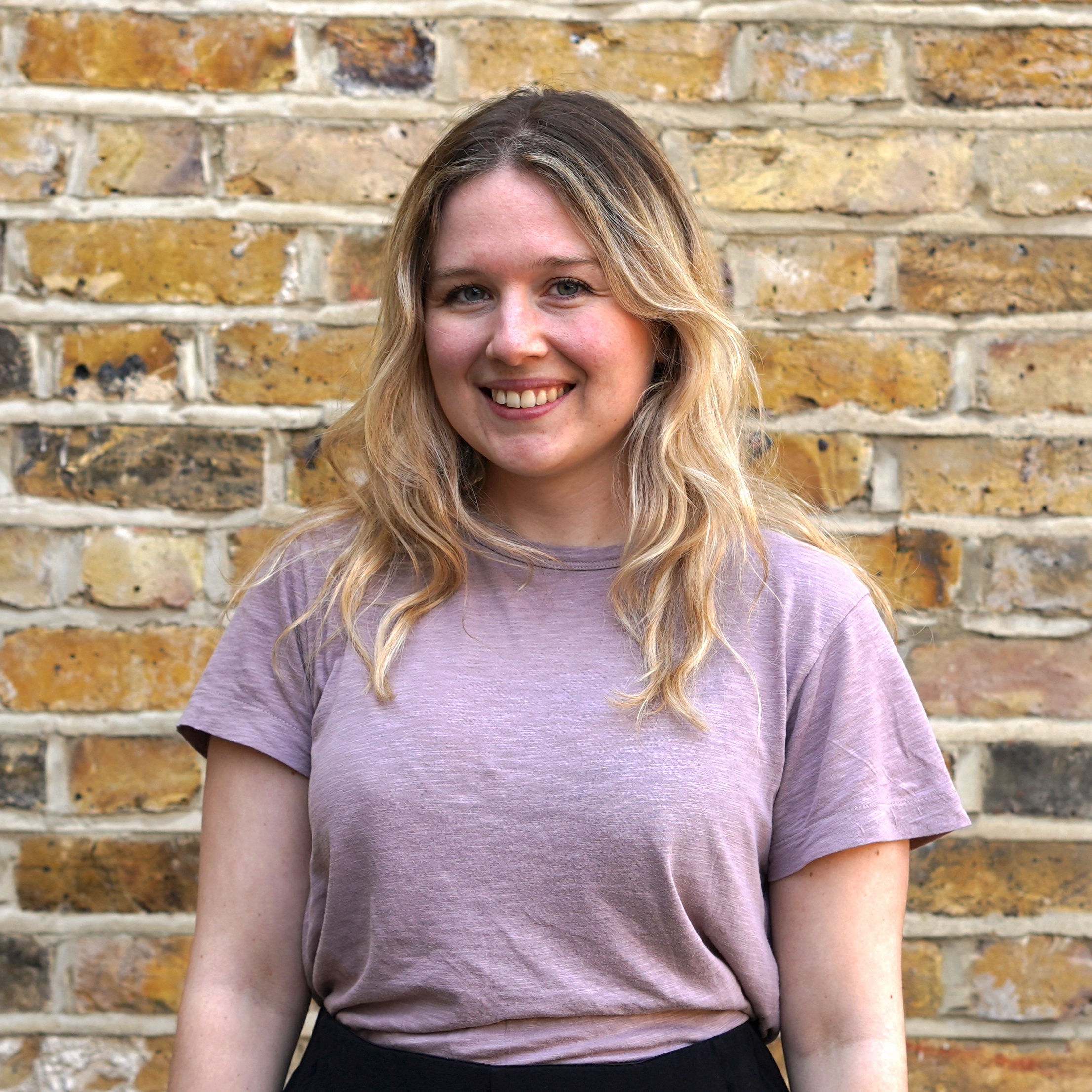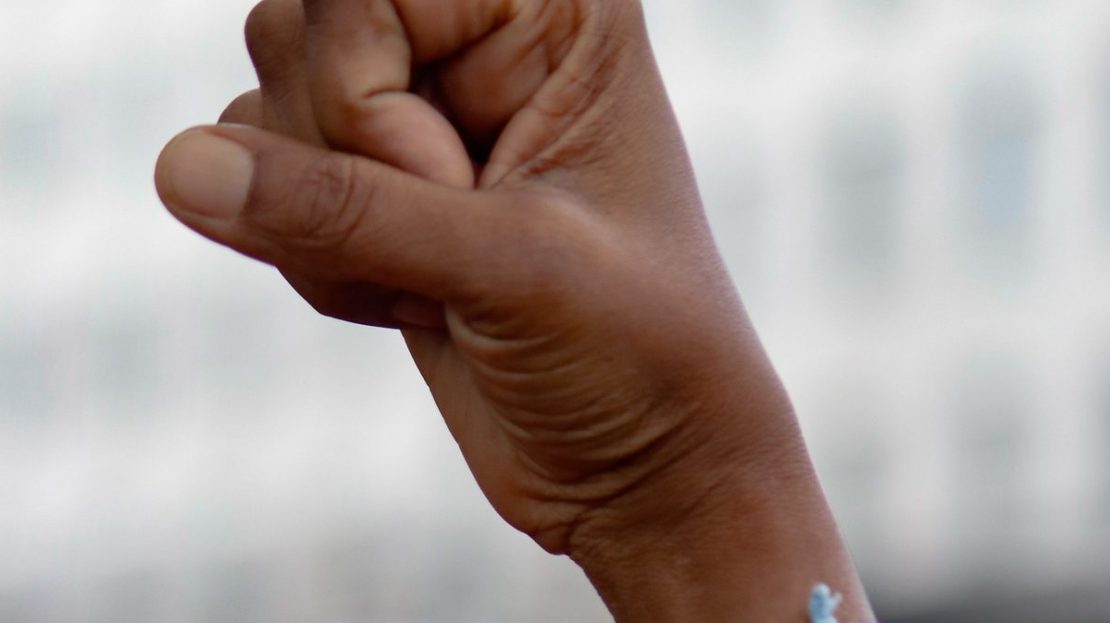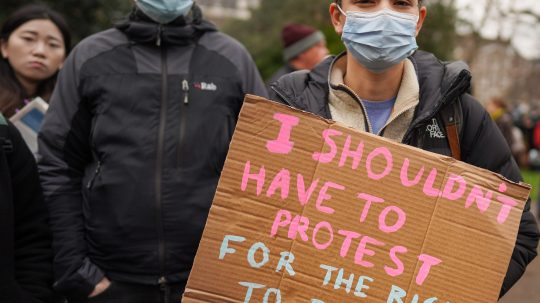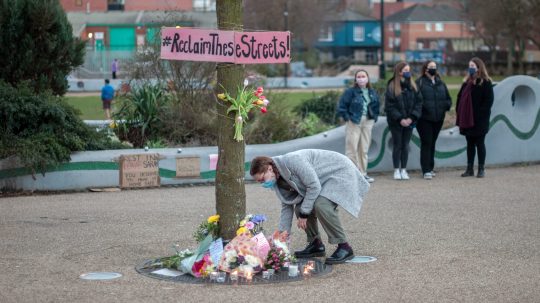The Court of Appeal has ruled that causing “significant” damage to property is not protected under human rights legislation. Home secretary and former attorney general Suella Braverman referred the case to the court in April following the acquittal of the ‘Colston Four’, the anti-racism protestors who were charged with criminal damage after helping crowds topple a statue of slave trader Edward Colston in Bristol in June 2020.
During the criminal case, lawyers for the four defendants used the European Convention on Human Rights (ECHR), among other defences, to argue that a conviction would be a disproportionate interference with their freedom of conscience, expression and assembly under Articles 9, 10 and 11 of the ECHR.
A jury cleared the four in January, but the case was referred to appeal judges in order to clarify whether defendants can cite their human rights as a defence in a case of criminal damage. The Court of Appeal decision did not overturn the Four’s acquittal.
Limits to human rights
Lord Chief Justice Lord Burnett, who delivered the appeal judges’ ruling last week, said the defendants’ conduct in the criminal case “fell outside the protection” of the ECHR. He added that the toppling of the statue was “violent” and did not involve “peaceful protest”.
Rhian Graham, one of the Colston Four, said she was “not disheartened” by the judgment.
“The positive impact of the toppling for both Bristol, and the anti-racism movement as a whole, can never be undone and this judgment cannot overturn the decision made by a jury of our peers,” she said, referring to her acquittal in January.
The judges concluded that while “significant” damage falls outside of the scope of human rights law, “minor or temporary damage” would likely be protected.
However, Katy Watts, a lawyer for civil liberties organisation Liberty, said the judgment “puts a threshold on when people can enact their human rights in a legal case” and “takes away vital protections”. Watts stated: “Protest is a fundamental right, not a gift from the state.”
‘Protest rights under threat’
Watts said the ruling was a part of a broader pattern of the government “chipping away” at protest rights. She cited the recent Police, Crime Sentencing and Courts Act, which gives police greater powers to clamp down on protests.
Before it was passed in parliament, the Act was met with significant resistance. Tommaso Procida joined a protest against the bill in Bristol last year. He said that although the event was peaceful, police officers with shields charged at the crowd, and others on horseback split protesters.
“It was brutal,” he said. He claimed police hit him and his friends with batons and he was left with bruises afterwards.
Speaking about the curbing of the right to protest, Procida said: “Our autonomy is is threatened. The more of our rights are stripped away, the more more we lose to the state.”
“We’ve got to protest, you’ve got to be able to fight back against that,” he added.
Last month, several people, including one holding a blank sign, were arrested in connection with anti-monarchy protests. A global human rights tracker found that political freedom in the UK has declined in recent years.




